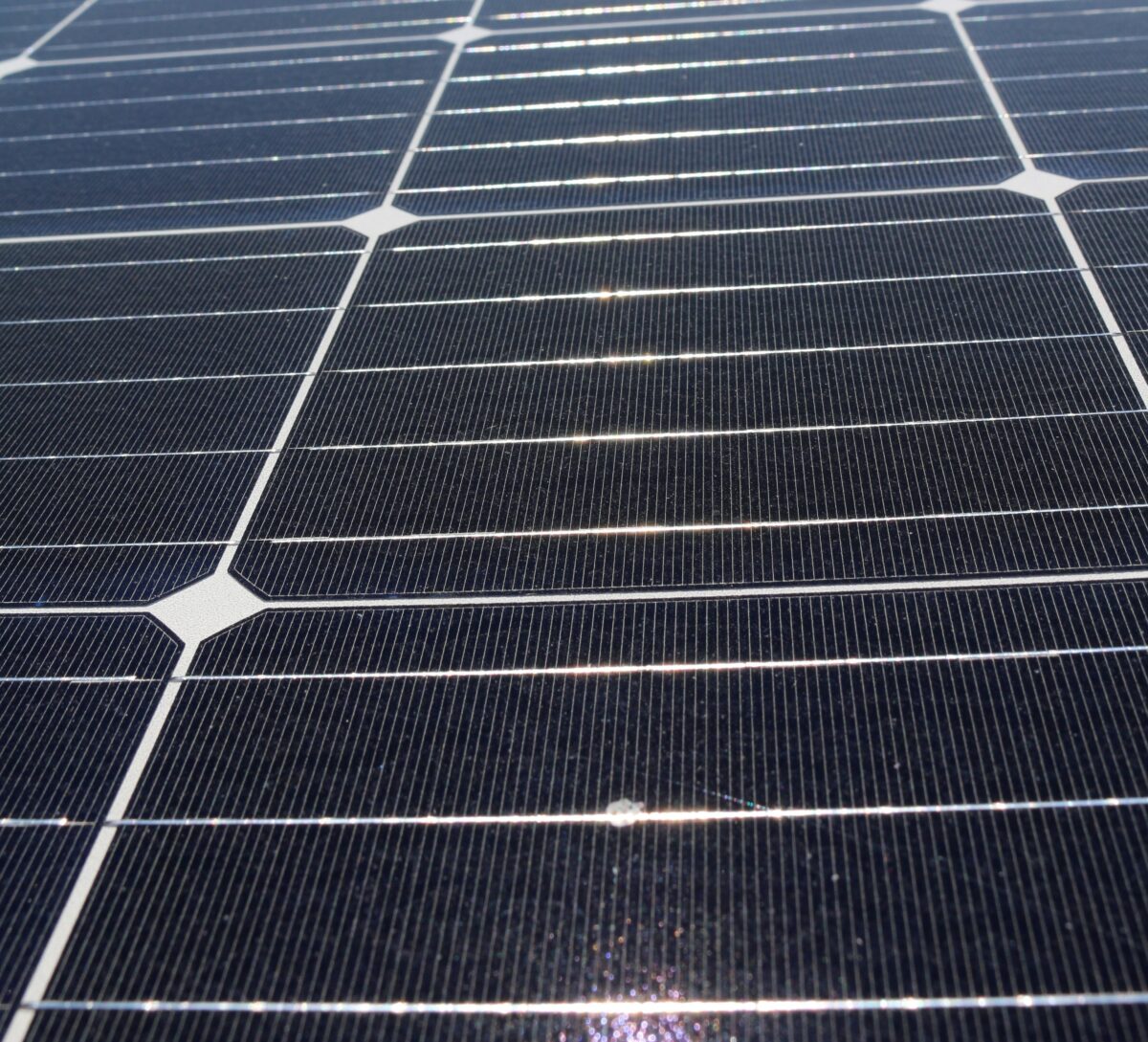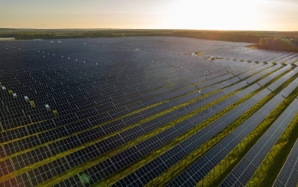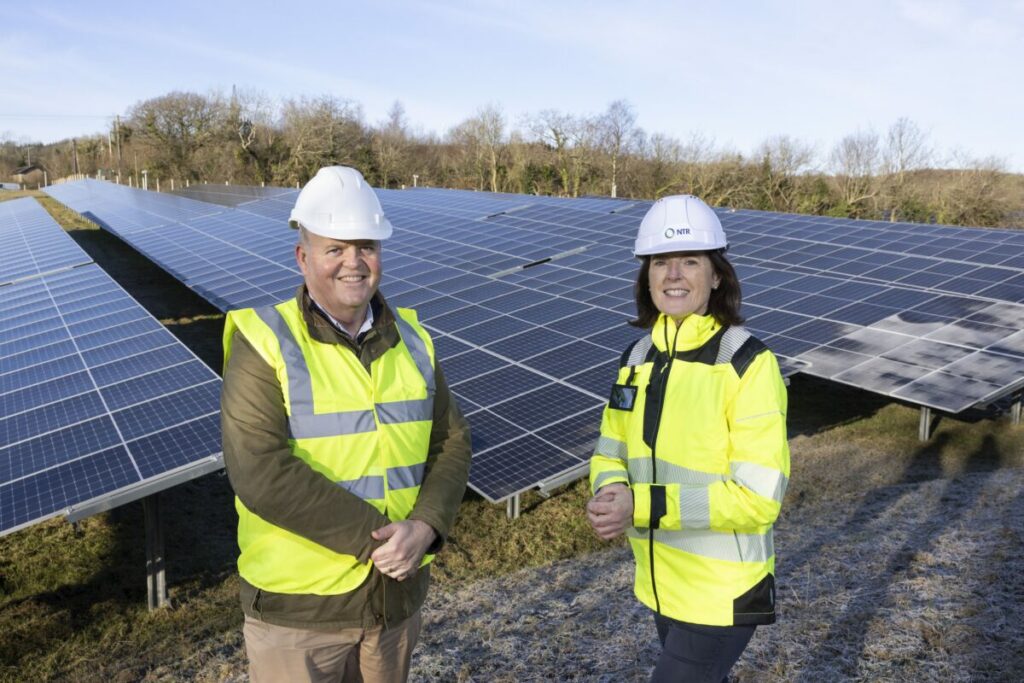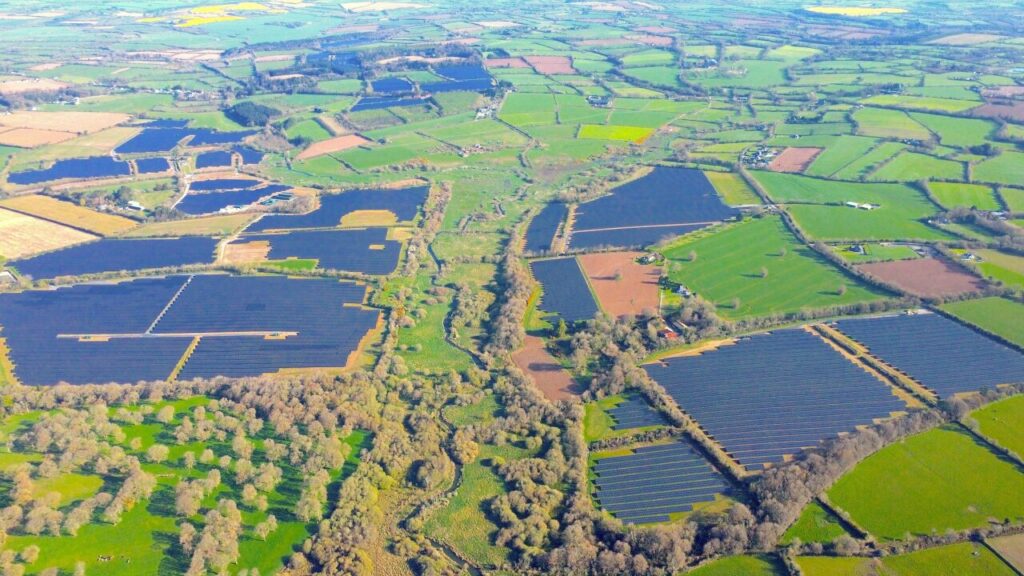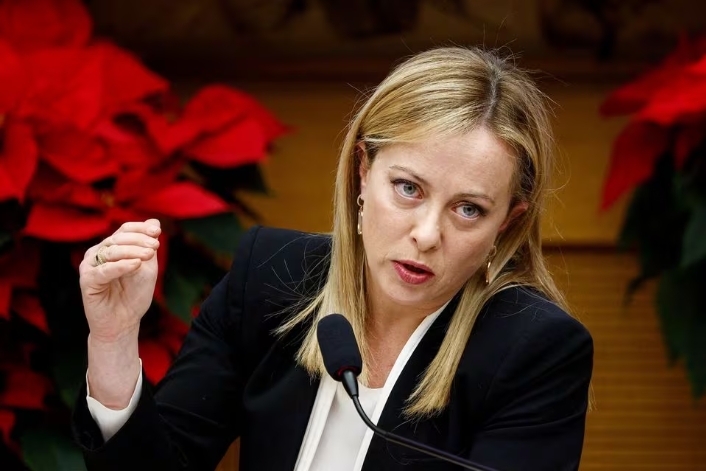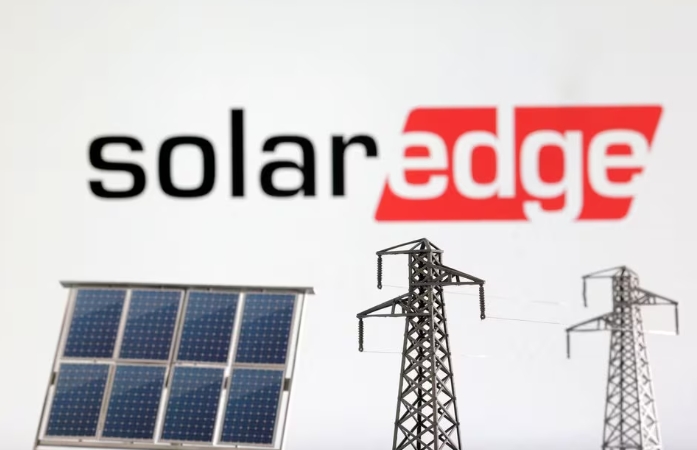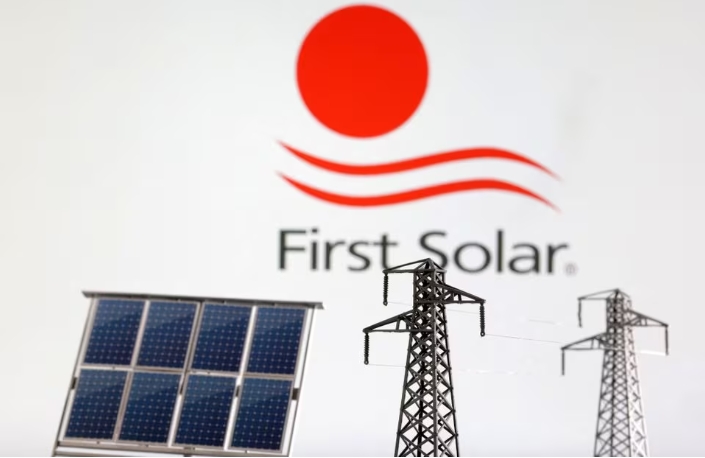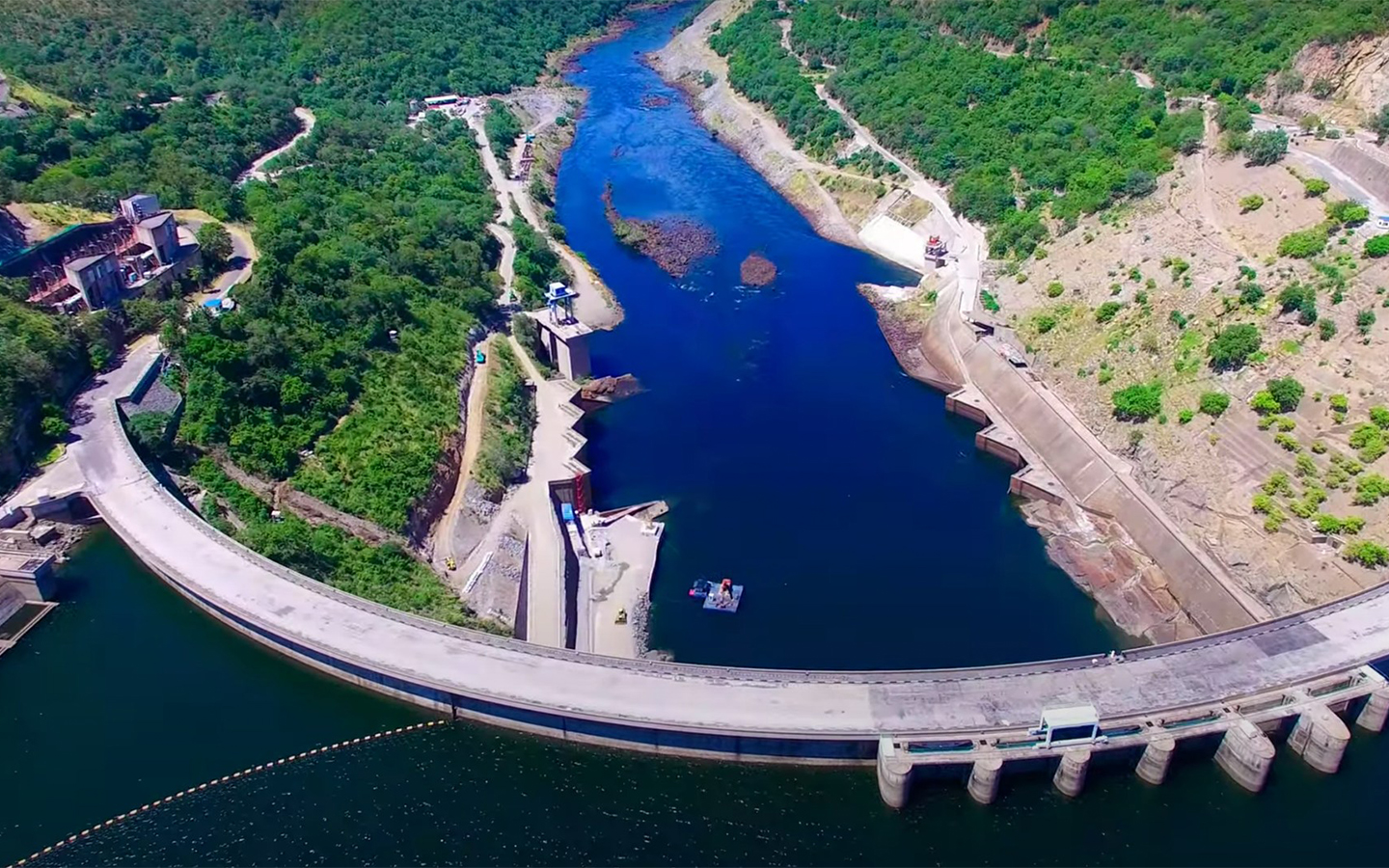 Mozambique has finalised a US$5 billion agreement with a consortium led by French energy giant EDF for the construction of the Mphanda Nkuwa hydropower project on the Zambezi River, according to reports.
Mozambique has finalised a US$5 billion agreement with a consortium led by French energy giant EDF for the construction of the Mphanda Nkuwa hydropower project on the Zambezi River, according to reports.Located in the northern province of Tete, the project will initially generate 1,500 MW of power, increasing Mozambique’s current electricity production potential by more than 50 percent. A 1,300-km transmission line will link the hydropower project to the capital of Maputo, in the country’s far south.
The project will fuel the clean energy transition in Mozambique and neighbouring countries once it begins operations in 2031, providing affordable renewable energy and cementing Mozambique’s role as a net exporter of power.
The consortium – comprised French multinational TotalEnergies and Japanese electricity giant Sumitomo Corporation besides EDF – holds a majority 70 percent stake. The remaining 30 percent belongs to Mozambique power utility EDM and Hidroeléctrica da Cahora Bassa, the country’s preeminent hydropower generation company.
Set to begin construction in 2024, the Mphanda Nkuwa hydropower project is key to the new comprehensive energy transition plan outlined by Mozambican President Filipe Nyusi at the recent COP28. With enough capacity to power 3 million households in Mozambique and neighbouring countries, it will drive social and economic growth throughout Southern Africa.
In keeping with these climate goals, the project aligns with international standards in environmental and social governance. The consortium, with the support of the African Development Bank and the World Bank’s International Finance Corporation, plans to conduct additional studies to ensure the project’s environmental, social and financial viability.

